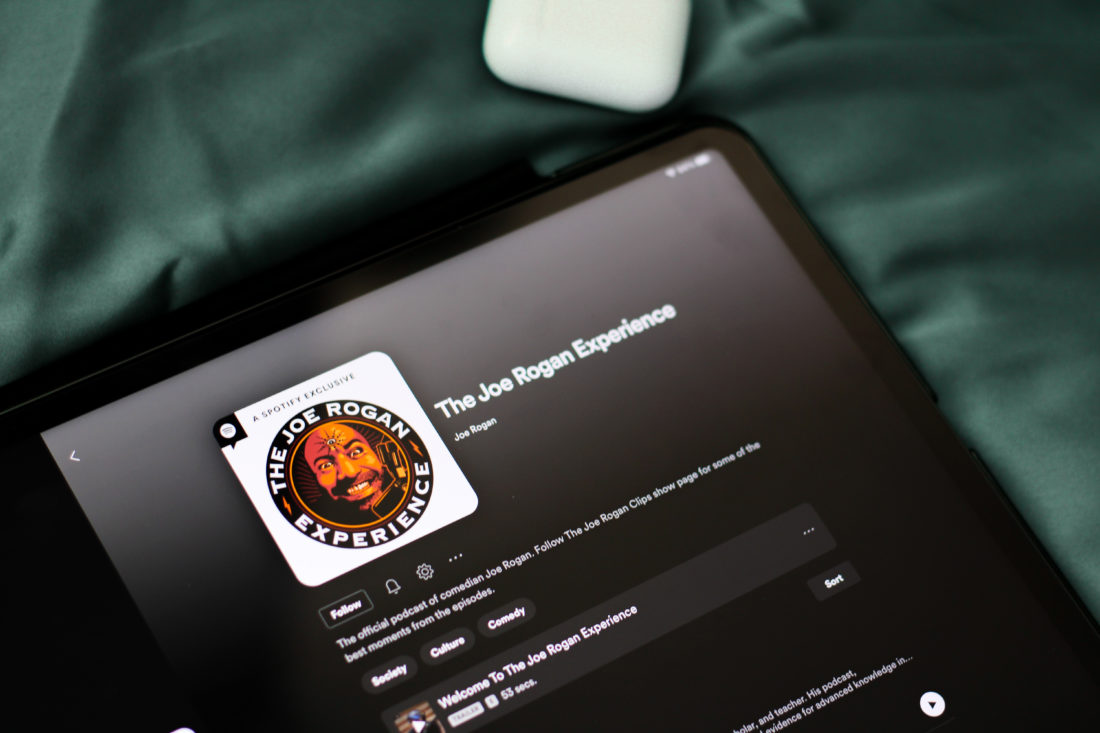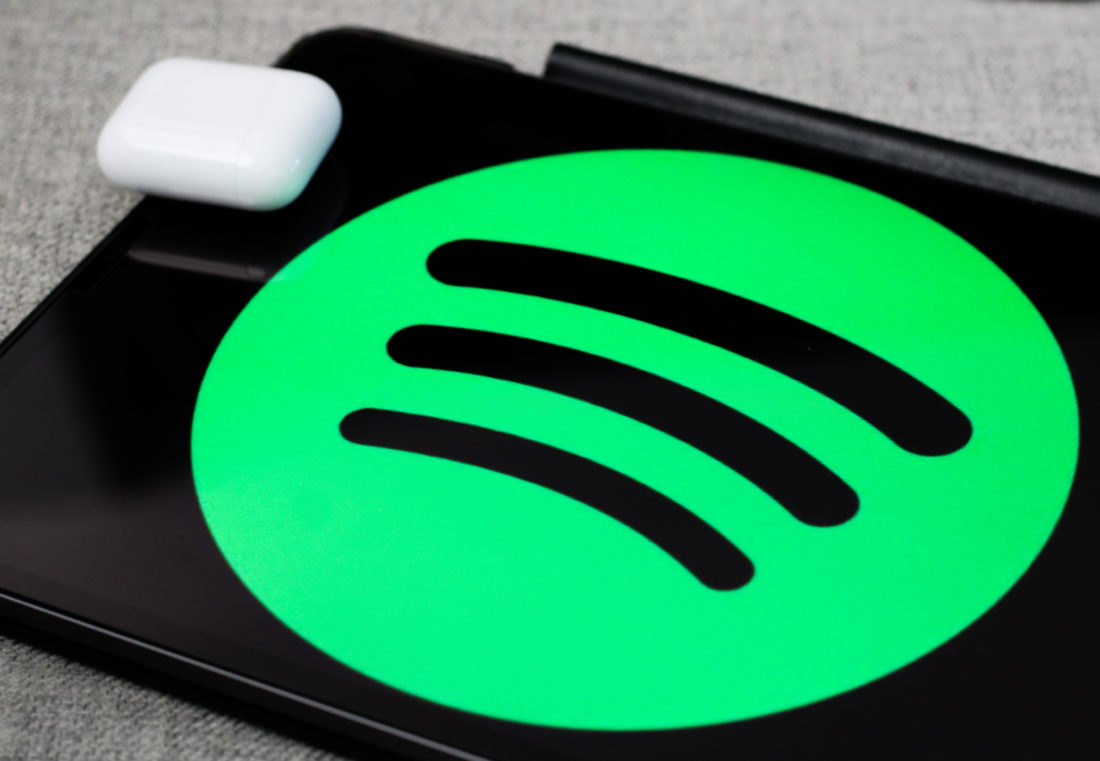
Within the span of a few days, Spotify went from just streaming the latest hits to being a hot topic of much discussion about the Joe Rogan Experience podcast. While there are a number of important angles to this story, perhaps one of the most significant is that it invites a long-overdue look at issues about content creation and distribution.
The uproar began at the end of January when Canadian singer Neil Young pulled his music from Spotify in protest of the COVID-19 disinformation spread by the Joe Rogan Experience. Following, a steady stream of artists on the platform, including Joni Mitchell, Brené Brown and Nils Lofgren, have joined the protest.
Since then, Spotify has lost $4 billion in market value and has said that the platform will be putting a content advisory on podcast episodes about COVID-19.
But all indicators point to these issues being long from over.
Responsibility for content creation and distribution are complex matters because, for starters, there are many parties involved, to varying degrees. In this story, at minimum, the parties are Joe Rogan, his podcast, Spotify and the podcast’s audience.
Rogan describes his podcast as “a long form conversation with guests.” Strikingly, each of his podcasts gets between 11 to 14 million downloads, making it the most popular podcast on all of Spotify.
One would hope that every content creator approaches their job with rigorous research, considering a diverse set of perspectives and understanding the influence their words carry. But with a ginormous listening audience of 11 to 14 million, one would especially expect the host of such a podcast to take immense care over the content they create.
However, that isn’t the case for Rogan, especially in the context of content about the COVID-19 pandemic. Rogan has promoted the use of the widely discredited drug ivermectin for treatment of COVID-19, discouraged young people from getting vaccinated and spread misinformation about COVID-19 and public health measures.
Alone, these false claims are enough to be harmful to public health. But combine the false claims with the enormous platform that Rogan has, and it raises this issue to the highest level of concern.
But this is also Spotify’s problem. Regardless of whether the three million podcasts Spotify carries are made in-house or not, the company holds responsibility for the content being streamed on its platform.

This situation is further complicated because Rogan’s podcast is exclusive to Spotify, with the platform paying him $100 million to carry his podcasts. Being the exclusive carrier of a podcast comes with immense responsibility, but that responsibility is only amplified exponentially when the podcast in question is part of spreading harmful misinformation.
While adding content advisories is a start, there are many actions that Spotify can pursue to ensure that false claims, especially about a public health crisis, aren’t spread further.
Lastly, The Joe Rogan Experience, or for that matter, any other podcast, would not carry weight in the world if people didn’t consume it. Hopefully, the events of these past weeks have caused the millions of listeners of Rogan’s podcast to reflect on the harms of misinformation, but these events also hold an important reminder for us all.
It reminds us that we get to decide what content we consume.
That choice is critical. After all, the content we consume shapes the decisions we make in our lives, including getting vaccinated, wearing a mask and following public health measures. Those decisions impact not only us but everyone around us too.
Today, the issue is about content on a podcast, but the same lessons apply to consuming content from other platforms, including social media.
Perhaps an outcome we can hope for from all this is that it reminds streaming platforms, content creators and consumers that words carry weight and that they have a responsibility to ensure those words aren’t misinformation.
—
This op-ed was written by a University of Saskatchewan undergraduate student and reflects the views and opinions of the writer. If you would like to write a reply, please email opinions@thesheaf.com. Vaidehee Lanke is a fourth-year undergraduate student studying bioinformatics and is the Opinions Editor at The Sheaf Publishing Society.
Photos: Aleshba Naseer | Photo Editor
Leave a Reply